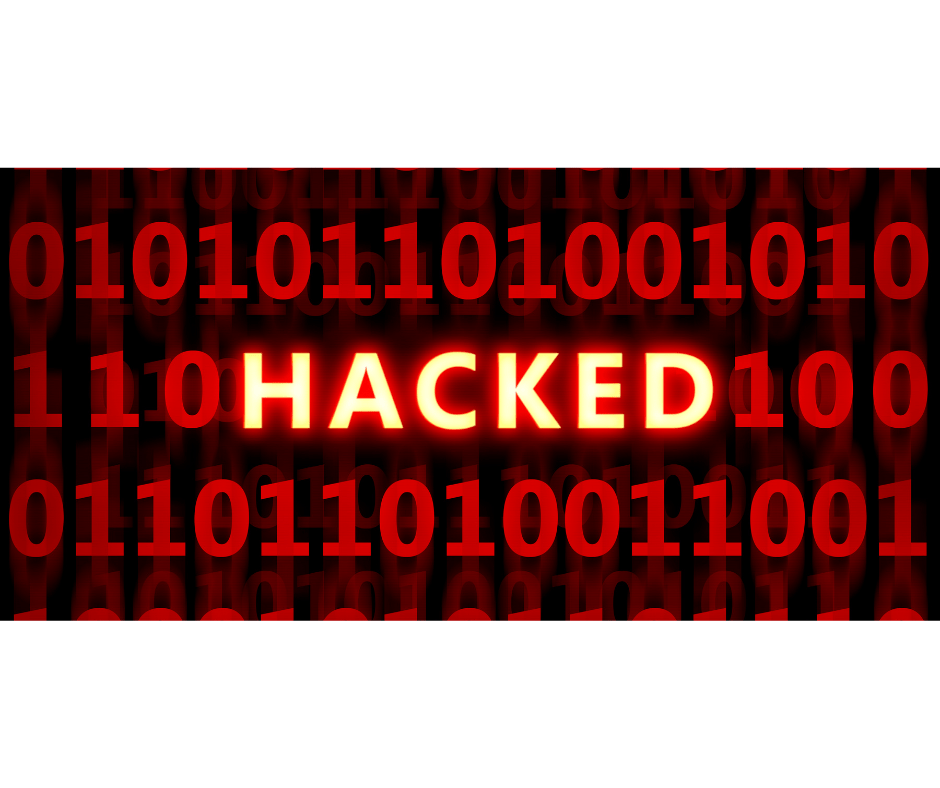Your digital accounts and online activities may make your life easier and perhaps even more enjoyable, but did you know every time you log in, it’s a chance for cybercriminals to hack your information and exploit it in numerous ways?
Hacking threats are constant. According to research from the University of Maryland, cyber attacks happen every 39 seconds on average. What’s more, hackers get more sophisticated every day. The good news is, there are steps you can take to greatly lower your chances of becoming a cybercrime victim.
1. Authorize multi-factor authentication
Multi-factor authentication (commonly known as MFA) is one of the best steps you can take to secure your accounts. And the good news is it’s already offered on many of your favorite applications and services today. MFA acts as an additional step to protect your accounts in addition to your username and password.
For example, if you sign into an account with two-factor authentication, the system may request you enter a one-time code sent to the phone number you have on file. You’ll confirm your identity by typing the number that was texted in the sign-on request. Often these codes are only activated for a short period of time for added protection.
2. Adopt physical authentication
Not all multi-factor authentication is created equal, and SMS or mobile authentication has been proven to be vulnerable to phishing. The modern and most effective approach to keeping you and your data protected is using phishing-resistant multi-factor authentication solutions such as a hardware security key. YubiKeys are small physical keys you tap on your phone or plug into your computer’s USB port to verify it’s you. Essentially, they’re like a key to your online accounts, similar to a house key or car key.
A single YubiKey has multiple functions for securing your login to email, online services, apps, and computers. Because it’s something you carry with you, it’s far more secure than digital alternatives – so much so that there have been zero reported account takeovers. The YubiKey is used by thousands of businesses and is also available for individuals so you can add a higher level of online protection for yourself and your loved ones.
3. Use a password manager
Every password you use should be complex, with a mix of different letters, numbers and symbols. A password manager can create a unique, random password for each of your accounts. Better yet, it stores your passwords in an encrypted database to keep them safe while helping to ensure that you, and only you, will be able to access them easily when going online. And when you update your passwords – which you should do regularly – they are updated in the manager as well.
Additionally, don’t forget to protect your password manager with MFA. Pairing your hardware security key with it will give you the ultimate protection. That way, if someone gets your master password for your password manager, they won’t be able to log in without physically having your security key, too.
Finally, for your accounts or favorite sites that don’t offer MFA, reach out to them and encourage them to provide you with the tools you need to protect yourself.
Source: BPT








